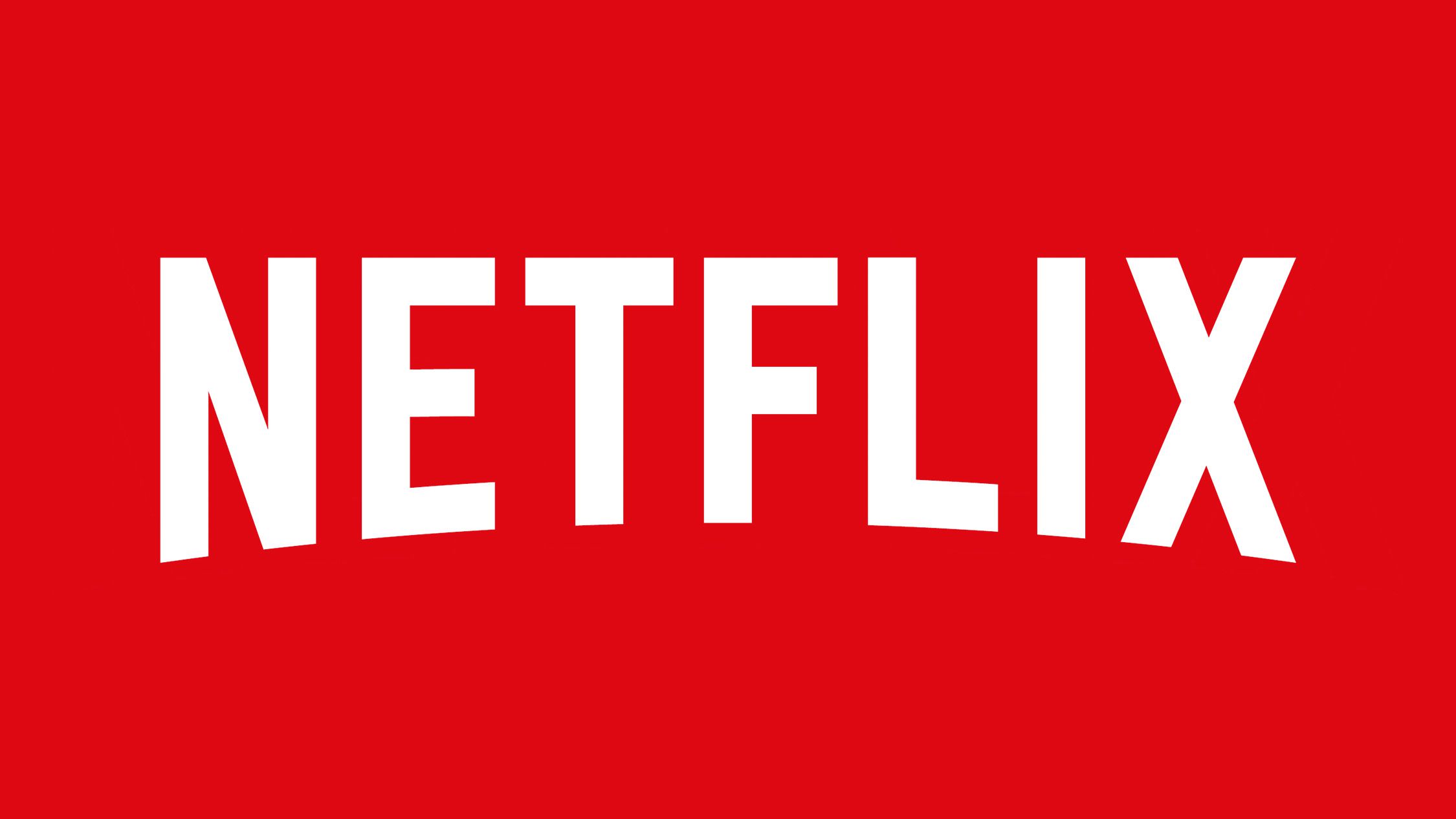“China wants to reach an agreement. The problem is that they are not clear how to do it,” Trump said Wednesday to the press. He did it shortly after announcing the temporary suspension of “reciprocal” tariffs to dozens of countries, although not before hardening his pulse with Beijing: the White House raised the levies to Chinese imports up to 145%. At first there were 125%, although Washington clarified that this figure added to 20% already in force.
But with the commercial tension on the rise, China does not give signs of giving in, as the American president is probably waiting. Beijing has raised the tone and made its position clear. “If the United States insists on following its own way, China will fight until the end,” said a spokesman for the Ministry of Commerce this week. And as if they wanted to underline it with facts, this Thursday they have announced a reprisal measure that points against the American film industry.
Less Hollywood, more local cinema. As Global Times collects, the National Cinema Administration of China has announced that it will reduce the number of imports from American films. The agency ensures that the measure responds to the “market law” and the election of the public, although it shows a political background by ensuring that tariffs imposed by Washington will end up deteriorating the perception of the Chinese public on US films. From now on, the number of premieres from the United States will be limited in the country’s rooms.
A trend that comes from afar. The decision occurs in a context where Hollywood had already begun to lose presence. According to April box office data, only two of the ten American films released so far from 2025, ‘Captain America: a new world’ and ‘A Minecraft film’, have exceeded 100 million yuan (about 13.6 million dollars). The rest has barely generated impact.

Far from being an isolated reaction, the measure fits with a broader transformation. For years, Hollywood productions enjoyed great acceptance in China, but that panorama has changed. According to data collected by the Xinhua agency, in 2012, seven of the ten higher films in the country were Americans. Today, however, Hollywood titles barely manage to sneak among the most seen.
China has followed a usual strategy: learn from global referents and replicate them with their own seal. In the last decade he has developed an industry capable of producing local blockbusters with great reception. Recent examples such as ‘Wolf Warrior’, ‘Hi, Mom’, ‘Ne Zha II’ or ‘The Wandering Earth II’ demonstrate that turn. These last two, in fact, currently lead the national box office.

The commercial war continues. After the rise in tariffs to 145% to Chinese imports announced by the United States, it remains to be seen what the next Beijing reaction will be. For now, the answer has been a moderate adjustment in the cultural field, but nothing prevents them from opting for more forceful measures. Currently, Chinese tariffs on American products are located at 84%.
Images | Freepik | ZHE ZHANG
In WorldOfSoftware | Apple and Trump’s dance is taking shape: threat, panic … and an imminent exemption











